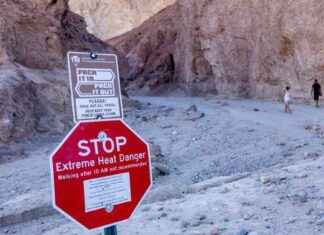Russian internet monitoring service has reported a major outage affecting YouTube in Russia. Sboi.rf stated that thousands of glitches were reported, and users could only access the platform through virtual private networks (VPNs). One user commented that “YouTube is not working,” highlighting the frustration among users.
Reporters from Reuters in Russia were also unable to access YouTube, although the website remained available on some mobile devices. Both Google and Russia’s state communications watchdog, Roskomnadzor, did not immediately respond to requests for comments on the situation.
YouTube plays a significant role in providing a platform for free expression on the Russian internet. The site hosts content by Kremlin opponents that have been removed from other social media platforms. For example, a video by late opposition leader Alexey Navalny, alleging that President Vladimir Putin owns an opulent palace, has garnered over 132 million views.
Experts and researchers have raised concerns that blocking YouTube, a platform used by over 50 million Russians daily, could have serious implications for online freedom of speech. It could also affect Russia’s general internet connectivity and impact the livelihoods of content creators. Boris Pastukhov, a political scientist and solicitor with a large YouTube following, highlighted that Russia’s blocking approach could be causing widespread outages beyond server failures.
Alexander Khinshtein, head of a parliamentary committee on information policy, announced that YouTube speeds would decrease by up to 70% in the coming weeks. He stated that this degradation was necessary to pressure YouTube into reinstating blocked Russian channels. Khinshtein blamed Google’s lack of investment in Russian infrastructure for the slowdown, emphasizing the need for compliance with Russian legislation.
In response, a YouTube spokesperson clarified that the platform was aware of reports of access issues in Russia. However, they denied any responsibility for the situation, stating that it was not due to their actions or technical problems. This ongoing situation highlights the complex relationship between YouTube, Russian authorities, and the importance of online freedom of speech in the country.



























